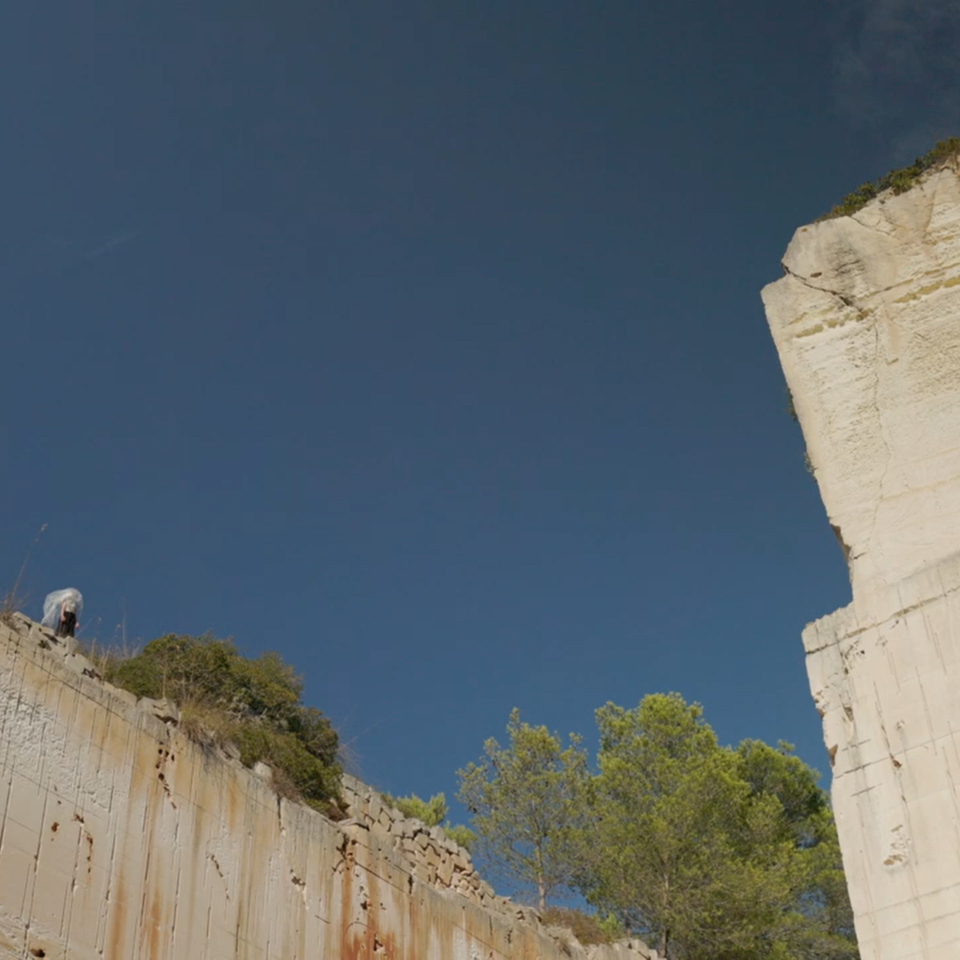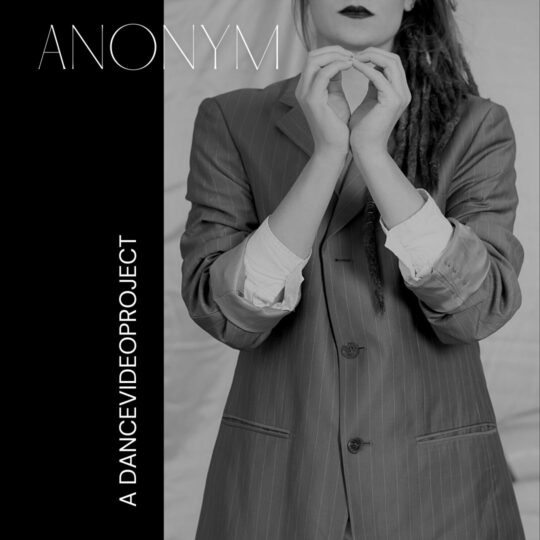Odd Extinction_an interface between Performing arts and Activism. Jorge Bascuñan

There is a certain homogeneous temporality often elaborated in the field of performing arts. This
characteristic potentiates the neutrality of performative states and narrative constructions, which can dangerously ignore differences between human beings and their historical contexts. My perspective is that neutrality is caused due to a traditional understanding of time, space, and matter elaborated by an American-Eurocentric view. I will call into question the definition of the Anthropocene and the relationship between humanity and the environment towards a metaphysical level of extinction. What does it mean to seek a state of neutrality, and what are the implications underlined in its discourse? How can we emancipate the individual from the universal? How could changing the perspective of time, space and matter help us to take a new approach towards extinction?
Shedding lights with quantum field theory, posthumanism, and decolonial studies, my research question is elaborated as follows: How can the performing arts apply the deconstruction of time, offered by quantum field theory, as dramaturgical strategies to address the climate crisis and disrupt the idea of a neutral temporality? There is a tendency, in Western thinking, to universalize humankind and societies under an absolute state of time, space and matter. In doing so, the very idea of extinction is projected into a time that is neither here nor now, furthermore, it assumes a neutral consequence among humanity, ignoring differences, which could, in turn, trigger the erasure of histories. As the quantum physicist and philosopher Karen Barad argues:
“To place the apocalypse before us, to think that it lies only in our imagination, that we are haunted by its possibility still unrealized, is to reiterate not only a very particular telling of time and history, but a particularly privileged “we,” complicit in regimes of erasure.”1
The misleading aspect of neutrality takes place when it is assumed to have a certain privileged ‘we’ as a standard model to which the ‘others’ should relate. In the case of extinction, it comes to account when it is placed on an imaginary future and including all human beings at once, instead of acknowledging its ongoing differential states and dynamics in our contemporary society. As the example of the extinction of indigenous people, languages, and cultures as a result of colonization and the empowerment of capitalist systems. Hence, to understand the ongoingness of different narratives of extinction, I suggest reconfiguring the term neutrality, and to re-signify the relationship between human beings and the environment by putting into question the traditional understanding of time, space and matter.
1 Karen Barad: After the end of the world: Entangled nuclear colonialism, matters of force, and the material force of justice, 2020, p. 103.






